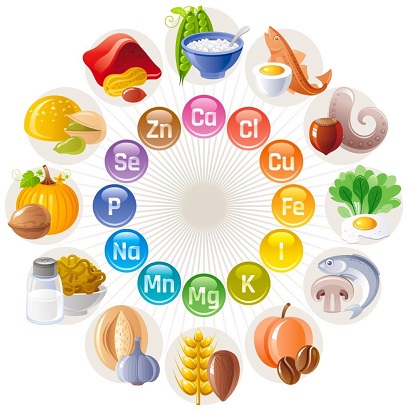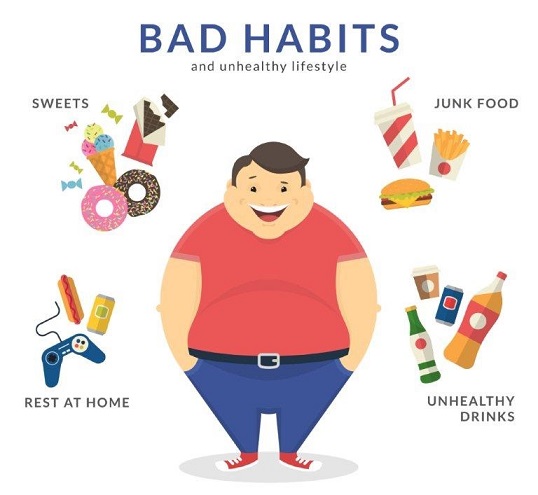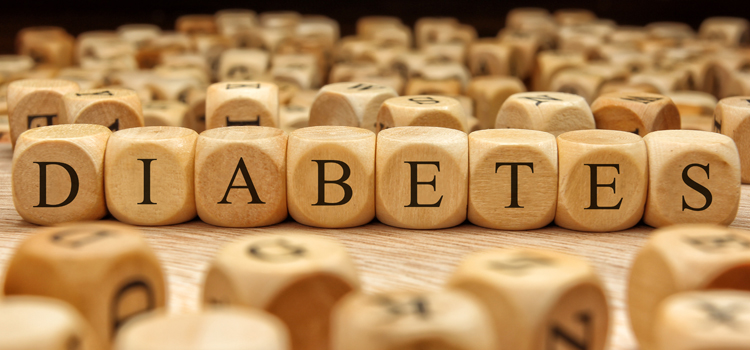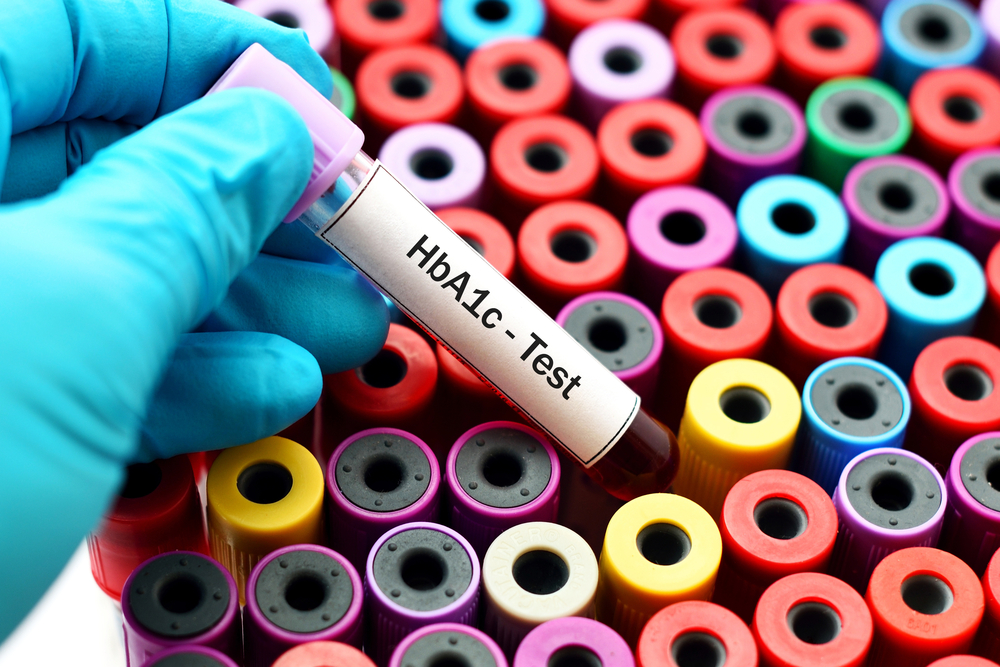Insulin Sensitivity and Type 2 Diabetes

Insulin is a hormone responsible for letting the cells in the body absorb glucose from the bloodstream and use it for energy. Insulin sensitivity refers to how responsive the cells of the body are to the effects of insulin.
Decreased insulin sensitivity, or resistance, is closely tied to developing type 2 diabetes. This post will examine what insulin sensitivity is, what causes it to decline, the relationship between insulin and type 2 diabetes, and the best insulin for type 2 diabetes.
What is insulin sensitivity?
Insulin sensitivity refers to how well one’s body can use insulin effectively. When cells are sensitive to insulin, they readily absorb glucose in response to normal insulin levels. With high insulin sensitivity, the body requires only small amounts of insulin to decrease blood sugar levels.
Insulin resistance, or low insulin sensitivity, is the opposite – the body’s cells have become less responsive to insulin over time. As a result, higher insulin levels are needed to achieve the same blood glucose-lowering effect.
What causes insulin resistance?
Several factors can contribute to the gradual development of insulin resistance or low insulin sensitivity:
- Obesity (carrying excess body fat, especially around the waist)
- Physical inactivity
- Unhealthy diet, like high sugar intake.
- Genetics
What is the relation between insulin resistance and type 2 diabetes?
Over time, accumulating insulin resistance can progress to type 2 diabetes. Here is how it develops:
At first, the pancreas compensates for insulin resistance by producing more insulin. This allows cells to continue absorbing enough glucose despite their declining sensitivity. However, the beta cells in the pancreas can’t keep up producing ever-greater amounts of insulin forever.
Eventually, persistent insulin resistance leads to beta cell burnout. The exhausted pancreas can no longer produce enough insulin to overcome insulin resistance. This results in glucose build-up in the blood – resulting in the high blood sugar levels characteristic of type 2 diabetes.
Why is insulin for type 2 diabetes important?
Insulin is a medication that helps the body use sugar for energy. The doctor may prescribe insulin if other diabetes medications aren’t keeping the blood sugar in a healthy range.
Sometimes, one may only need insulin briefly, such as during pregnancy, illness, or when they are first diagnosed, to bring down the blood sugar.
Using insulin reduces the risk of symptoms of high blood sugar and long-term issues that can harm the heart, kidneys, eyes, and nerves. As other medications stop working over time, patients with type 2 diabetes may have to use insulin injections. It is prescribed when blood sugar levels are too high.
What are the types of insulin injections for type 2 diabetes?
There are different types of insulin injections for type 2 diabetes:
- Rapid-acting insulin starts working in 15 minutes. It is taken right before meals.
- Short-acting insulin starts working in 30 minutes. It is also taken before meals.
- Intermediate-acting insulin lasts 10-16 hours. It is taken twice a day.
- Long-acting insulin lasts 20-24 hours. It only needs to be taken once a day.
- Pre-mixed insulin combines rapid and intermediate-acting insulin.
The doctor suggests the best insulin for type 2 diabetes based on the patient’s weight, age, diet, overall health, and treatment goals. The doctor adjusts the insulin plan over time to find what works best.
In some cases, a doctor might recommend insulin therapy for type 2 diabetes.
According to a study in Diabetes Care, starting insulin therapy is recommended when A1C is ≥7.0% after 2–3 months of dual oral therapy. The preferred regimen is once-daily basal insulin. Starting insulin early and adjusting the dose quickly is essential for successful therapy. The risk of low blood sugar is low, especially for those just beginning insulin therapy, making NPH a cost-effective and the best type 2 insulin.
How to improve insulin sensitivity?
Insulin sensitivity is a dynamic and adjustable aspect of our health. It is crucial to make lifestyle changes to improve insulin sensitivity and lower the risk of type 2 diabetes.
- Engage in regular physical activity for at least 30 minutes daily.
- Adopt a balanced and nutritious diet.
- Limit sugar intake.
- Try to lose excess weight.
- Getting better sleep.
- Manage stress by practicing mindful activities.
Monitoring and optimising insulin sensitivity for type 2 diabetes is critical for diabetes prevention and management. Thus, one must consult the doctor before taking the insulin random test to check the insulin levels. For more information, please visit Dr Lal PathLabs’ website.
FAQs
1. When should Type 2 diabetics take insulin?
Type 2 diabetics should start taking insulin when exercise, diet, and oral medications are no longer sufficient to control their blood sugar levels.
2. What is the main cause of insulin sensitivity?
The main cause of decreased insulin sensitivity is obesity and lack of physical activity. Insulin resistance typically develops due to excess weight gain and a sedentary lifestyle.
3. What is insulin-dependent diabetes?
Type 1 diabetes, once known as insulin-dependent diabetes, is a chronic condition in which the pancreas makes little to no insulin.














